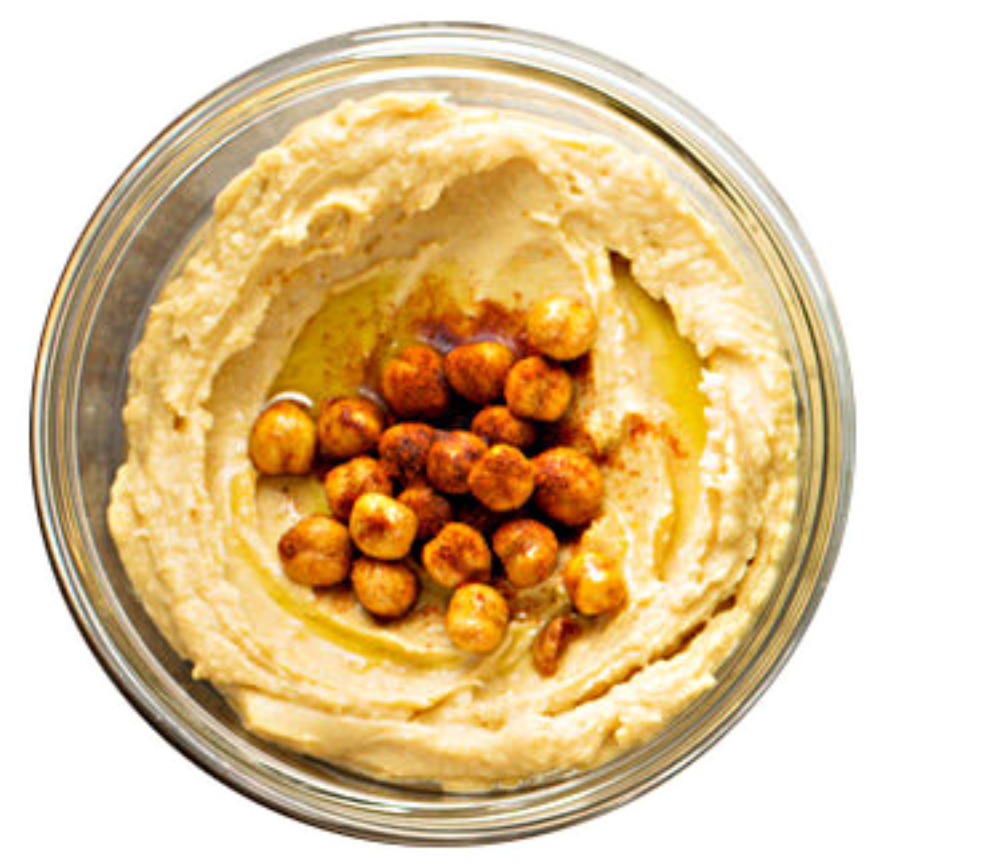RIYADH: When fasting from dawn to dusk during the holy month of Ramadan many people can overlook the importance of a well-rounded diet and either overeat or fail to ingest enough nutrients for the day.
Dr. Mohammed Baker Alawamy, a consultant adult gastroenterologist and therapeutic endoscopist from Johns Hopkins Aramco Healthcare, highlighted several ways of keeping healthy this Ramadan through diet and exercise.
“Drink ample amounts of water, try to limit the amount of refined sugars in your diet, and be cognizant (of) the amount of protein you consume,” Alawamy said.

Eating proper nutrition — such as a Mediterranean diet — staying hydrated and getting enough sleep can nurture the body during Ramadan and harness the benefits of fasting. (Shutterstock)
Many people find themselves overeating during the month of Ramadan while others complain of weight loss due to having a lower caloric intake. The ideal wellness goal while fasting is finding the right balance that provides the body with proper nutrition to complete the fast.
“My rule of thumb is 1 gram of protein for each kilogram of body weight to reduce the muscle losses during the fasting month of Ramadan,” Alawamy said.
HIGHLIGHT
The ideal wellness goal while fasting is finding the right balance that provides the body with proper nutrition to complete the fast. Many people have their sleep disrupted because of the tradition of spending late nights with family and friends. Maintaining proper sleep is also important in Ramadan.
The holy month of Ramadan is one of the best times to create a reset for the body with changes in habits including avoiding unhealthy food.
When choosing the right sahoor or iftar drink to consume, many people choose smoothies believing that it is a healthy option that will satisfy their hunger throughout the day.

Eating proper nutrition — such as a Mediterranean diet — staying hydrated and getting enough sleep can nurture the body during Ramadan and harness the benefits of fasting. (Shutterstock)
“What I usually tell my patients, the worst kind of calorie you can consume is one that is easily absorbed, does not satisfy your hunger, and is calorie dense,” Alawamy said.
Alawamy explained that most of these calorie-dense foods include juices, smoothies and ice cream.
“Obviously, you can make smoothies that are balanced and nutritionally excellent, but most people use frozen fruits, add sugar or ice cream, and do not include much fiber in that mix,” he said.

High fiber, balanced diets such as the Mediterranean diet have been shown to affect health positively. (Supplied)
When asked about what “gut-healthy” foods people should make a part of their Ramadan routine, Alawamy explained that he has some reservations about the term gut healthy since it is “always misconstrued or misrepresented.”
“It is always best to stick to the basics. High fiber, balanced diets such as the Mediterranean diet have been shown to affect health positively,” he explained.
Many medical experts suggest avoiding eating processed foods and relying on nutritional options such as fresh fruits and vegetables and snacks such as nuts.

Diet and exercise are two ways to stay healthy this Ramadan. (Shutterstock)
“Nuts contain a significant amount of polyunsaturated fats, which are healthy and help reduce the (craving) for other less nutritious foods,” the doctor said.
When the month of Ramadan begins many stop exercising completely, but Alawamy says it is a great time to do light workouts.
“It (Ramadan) is an excellent opportunity for most people to do low-intensity level exercises, for example, normal pace walking or brisk walking as well as stretching and yoga,” he said.
People can even engage in high-intensity exercise after breaking their fast, he said.
Maintaining proper sleep is also important in Ramadan. In many parts of the world, many have their sleep disrupted because of the tradition of spending late nights with family and friends.
Some people use Ramadan as a time to be drastically reduce food intake but losing weight too quickly can potentially be harmful to the body. Therefore, it is important to find a certain balance when it comes to the quality and quantity of the foods consumed, ways of staying active and regulating the body’s sleeping schedule.
When trying to find a healthy Ramadan routine that suits your individual needs and health requirements one can feel overwhelmed by the different voices and opinions online. It is always best to do thorough research and contact a trusted physician for advice.
















